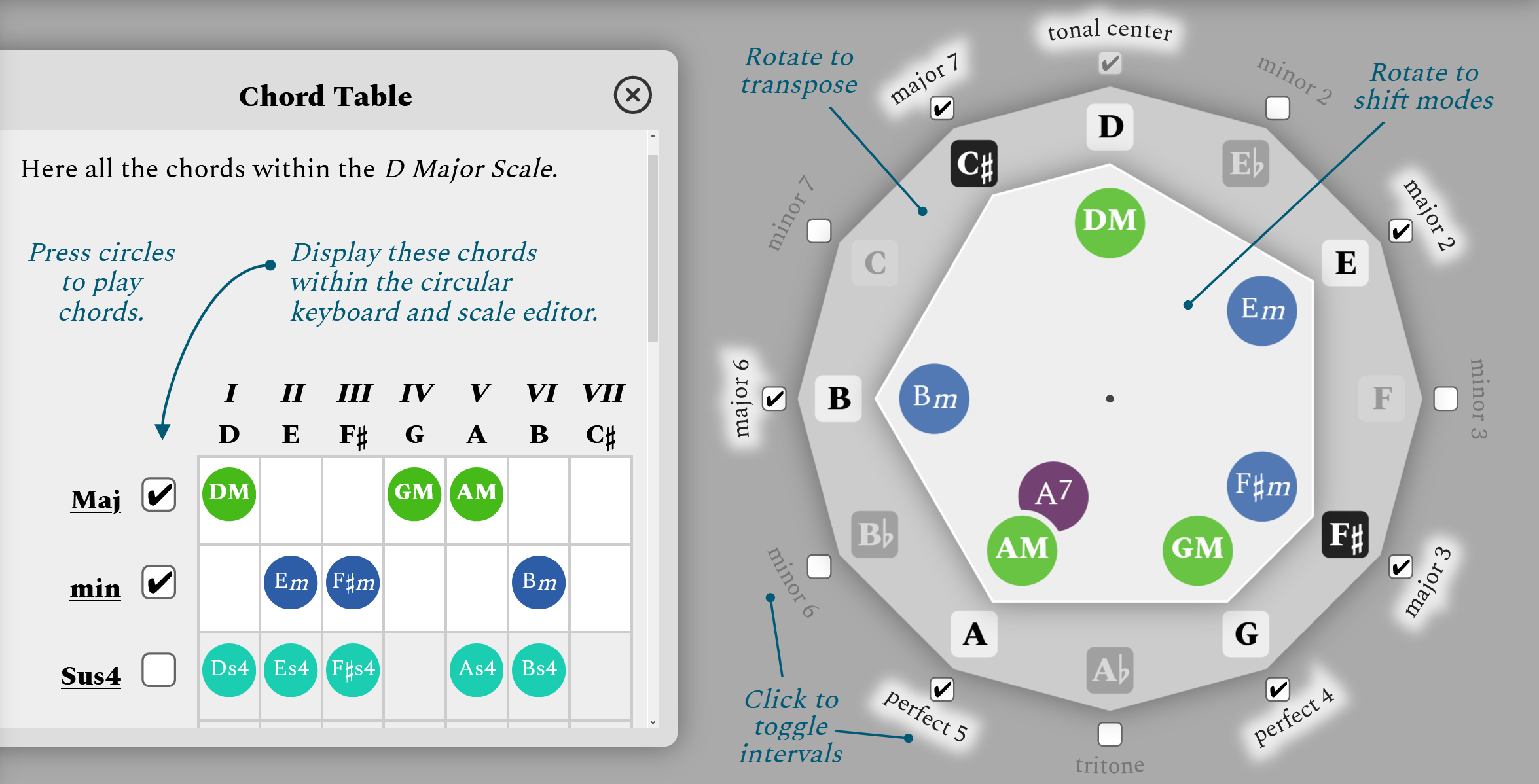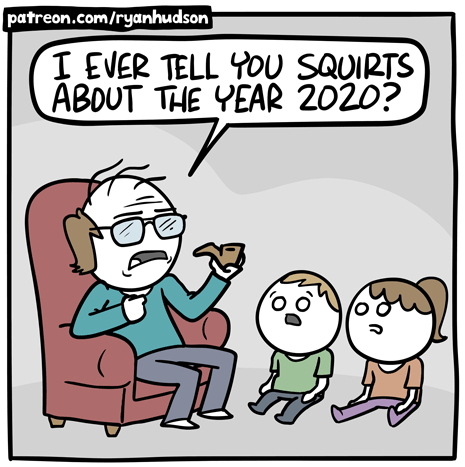Today we reinstated youtube-dl, a popular project on GitHub, after we received additional information about the project that enabled us to reverse a Digital
Millennium Copyright Act (DMCA) takedown.
…
This is a Big Deal. For two reasons:
Firstly, youtube-dl is a spectacularly useful project. I’ve used it for many years to help me archive my own content, to improve my access to content that’s freely
available on the platform, and to help centralise (freely available) metadata to keep my subscriptions on video-sharing sites. Others have even more-important uses for the tool. I love youtube-dl, and I’d never considered the possibility
that it could be used to circumvent digital restrictions (apparently it’s got some kind of geofence-evading features you can optionally enable, for people who don’t have a
multi-endpoint VPN I guess?… I note that it definitely doesn’t break DRM…) until its GitHub repo got taken down the other week.
Which was a bleeding stupid thing to use a DMCA request on, because, y’know: Barbara Streisand Effect. Lampshading that a free, open-source tool could be used for people’s convenience is likely to
increase awareness and adoption, not decrease it! Huge thanks to the EFF for
stepping up and telling GitHub that they’d got it wrong (this letter is
great reading, by the way).
But secondly, GitHub’s response is admirable and – assuming their honour their new stance –
effective. They acknowledge their mistake, then go on to set out a new process by which they’ll review takedown requests. That new process includes technical and legal review, erring on
the side of the developer rather than the claimant (i.e. “innocent until proven guilty”), multiparty negotiation, and limiting the scope of takedowns by allowing violators to export
their non-infringing content after the fact.
I was concerned that the youtube-dl takedown might create a FOSS “chilling effect” on GitHub. It still
might: in the light of it, I for one have started backing up my repositories and those of projects I care about to an different Git server! But with this response, I’d still be
confident hosting the main copy of an open-source project on GitHub, even if that project was one which was at risk of being mistaken for copyright violation.
Note that the original claim came not from Google/YouTube as you might have expected (if you’ve just tuned in) but from the RIAA, based on the fact that
youtube-dl could be used to download copyrighted music videos for enjoyment offline. If you’re reminded of Sony v. Universal City Studios (1984) – the case behind the “Betamax standard” – you’re not
alone.





